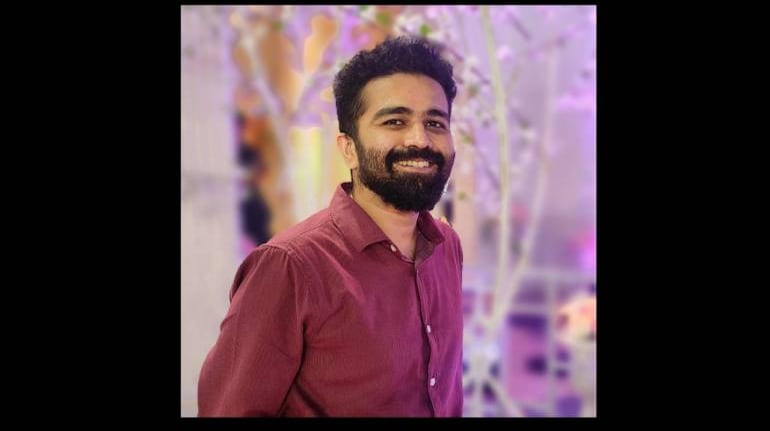



A 27-year-old Indian student at Cambridge University has solved a Sanskrit grammatical problem that has perplexed scholars since the 5th century BC.
St John's College PhD student Dr Rishi Rajpopat decoded a rule taught by Panini, a master of Sanskrit who lived around 2500 years ago.
“This could revolutionise the study of Sanskrit”, a professor said after the problem was solved.
University of Cambridge explains the age-old problem: “Panini’s grammar, known as the Astadhyayi, relied on a system that functioned like an algorithm to turn the base and suffix of a word into grammatically correct words and sentences. However, two or more of Panini’s rules often apply simultaneously, resulting in rule conflicts. Panini taught a “metarule” which is traditionally interpreted by scholars as meaning: “in the event of a conflict between two rules of equal strength, the rule that comes later in the grammar’s serial order wins”.”
“However, this often led to grammatically incorrect results,” it added.
This traditional interpretation of the metarule was rejected by Rajpopat with the argument that Panini meant that between rules applicable to the left and right sides of a word respectively, Panini wanted us to choose the rule applicable to the right side.
He inferred that Panini’s “language machine” produced grammatically correct words with almost no exceptions.
“I had a eureka moment in Cambridge. After nine months trying to crack this problem, I was almost ready to quit, I was getting nowhere. So I closed the books for a month and just enjoyed the summer, swimming, cycling, cooking, praying and meditating,” Rajpopat said.
The whole process after it all made sense to him took another two years to solve.
For fellow Indian students back home, Rajpopat had some words of wisdom: “We’ve often been led to believe that we’re not important, that we haven’t brought enough to the table. I hope this discovery will infuse students in India with confidence, pride, and hope that they too can achieve great things.”
Rishi Rajpopat was born in a suburb of Mumbai in 1995. He learnt Sanskrit in high school and Paṇini's Sanskrit grammar informally from a retired professor at no charge whilst pursuing his Bachelors in Economics in Mumbai.
Following a Masters at Oxford, for which he raised money by writing to hundreds of potential donors, Rajpopat started his PhD at St John’s College and Cambridge’s Faculty of Asian and Middle Eastern Studies in 2017 on a full scholarship funded by the Cambridge Trust and the Rajiv Gandhi Foundation. He was awarded his doctorate in January 2022. He recently joined the School of Divinity at the University of St Andrews, the Cambridge University mentions in Rajpopat's bio.
Discover the latest Business News, Sensex, and Nifty updates. Obtain Personal Finance insights, tax queries, and expert opinions on Moneycontrol or download the Moneycontrol App to stay updated!
Find the best of Al News in one place, specially curated for you every weekend.
Stay on top of the latest tech trends and biggest startup news.